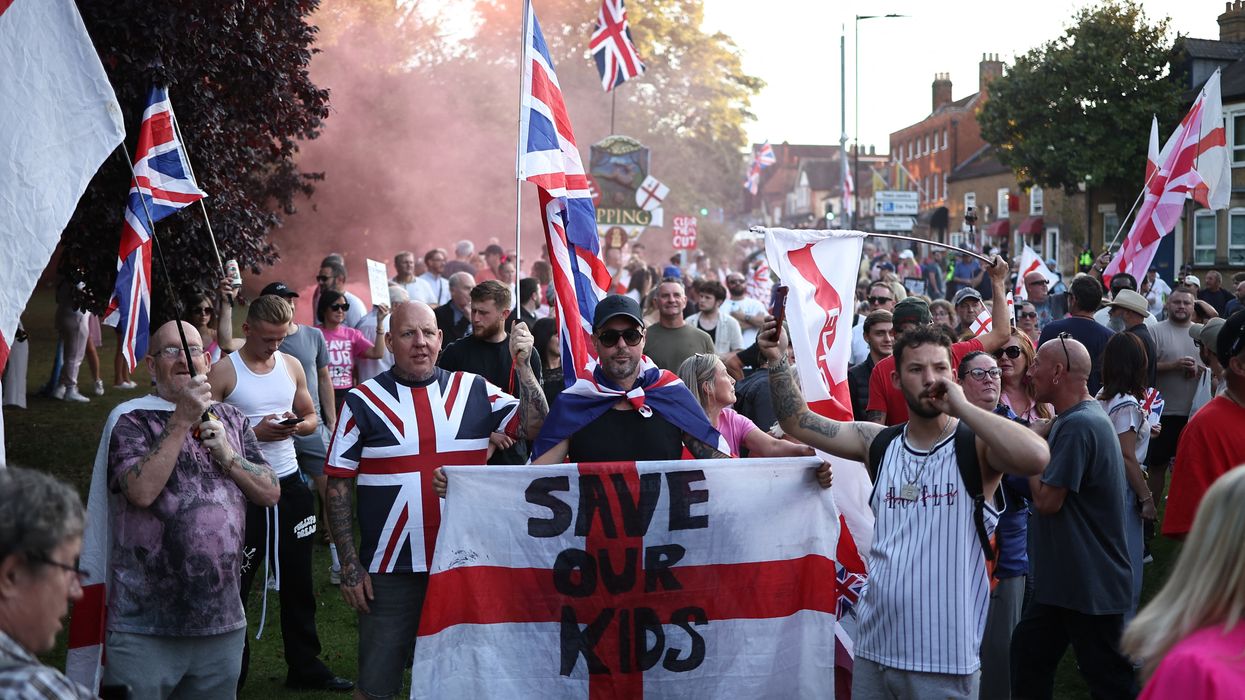CALIFORNIA governor Gavin Newsom on Saturday (7) vetoed a bill passed recently by the state legislature to explicitly ban caste discrimination, citing existing laws that already prohibit ancestry discrimination, which made the bill "unnecessary."
Had Newsom signed the bill, officially called Senate Bill 403 or SB 403, California would have become the first ever US state to explicitly ban caste discrimination.
Newsom's veto is a big setback for activists who had been advocating for the legislation. US discrimination laws ban ancestry discrimination though they do not explicitly mention a prohibition on casteism.
California's legislation targeted the caste system in South Asian and Hindu immigrant communities by adding caste as a protected class to the state's existing anti-discrimination laws.
The bill was introduced and authored by Democratic state Senator Aisha Wahab, an Afghan American, in March. An earlier version of it passed the state Senate before undergoing revisions.
The revised version, which listed caste under "ancestry" and not as a separate category, was passed by California's state Assembly in late August and by the state senate in early September with a near unanimous vote.
The bill defined caste as "an individual's perceived position in a system of social stratification on the basis of inherited status."
"Because discrimination based on caste is already prohibited under these existing categories, this bill is unnecessary," Newsom said in a letter to California state lawmakers posted on the website of the governor's office. "For this reason, I cannot sign this bill."
Activists opposing caste discrimination said it is no different from other forms of discrimination like racism and hence should be outlawed. Opponents of the bill in California said that since US laws already ban ancestry discrimination, a legislation of this type becomes meaningless and only serves to stigmatise the entire community, mostly Hindus and South Asians, with a broad brush.
Prior to Newsom's veto, the movement to fight caste discrimination in North America had picked up energy in recent months.
Earlier this year, Seattle became the first US city to outlaw caste discrimination after a city council vote and Toronto's school board became the first in Canada to recognise that caste discrimination existed in the city's schools.
In California itself, last month, Fresno became only the second US city to ban caste discrimination after a unanimous city council vote.
The issue is particularly important to Americans of Indian descent and Hindus. As more Indians and South Asians have moved to the US, particularly to California and Silicon Valley, some of America's biggest technology companies have also had to confront the issue of caste discrimination.
Many US tech firms are also headed by leaders of Indian origin such as Alphabet CEO Sundar Pichai, Microsoft CEO Satya Nadella and IBM CEO Arvind Krishna.
The caste system is among the world's oldest forms of rigid social stratification. It dates back thousands of years and allows many privileges to upper castes but represses lower castes. The Dalit community is on the lowest rung of the Hindu caste system; members have been treated as "untouchables."
India outlawed caste discrimination over 70 years ago, yet several studies in recent years show that bias persists. One study found people from lower castes were underrepresented in higher-paying jobs.
Dalits still face widespread abuse across India, where their attempts at upward social mobility have at times been violently put down.
Debate over the caste system in India and abroad is contentious and intertwined with religion. Some people say discrimination is now rare, especially outside India. Indian government policies reserving seats for lower-caste students at top Indian universities have helped many land tech jobs in the west in recent years.
(Reuters)














